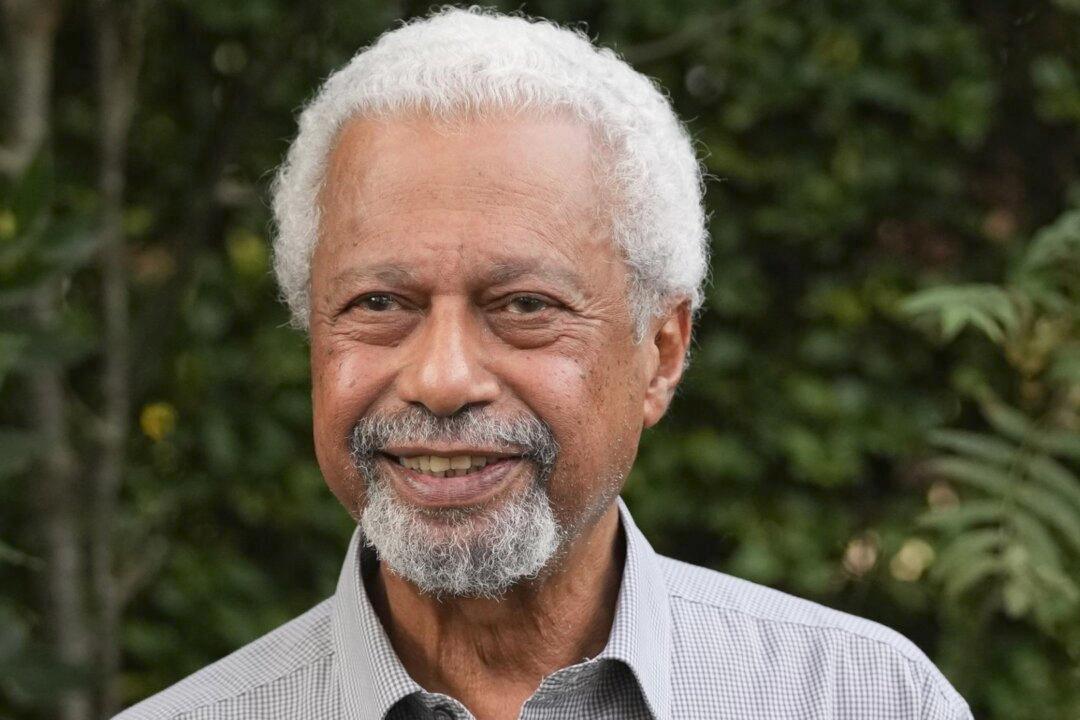The 2021 Nobel Prize in Literature was awarded on Thursday to UK-based Tanzanian novelist Abdulrazak Gurnah, whose work puts an emphasis on colonialization and refugees.
The award-giving body announced in a statement that the 72-year-old African writer won the prestigious award “for his uncompromising and compassionate penetration of the effects of colonialism and the fate of the refugee in the gulf between cultures and continents.”





